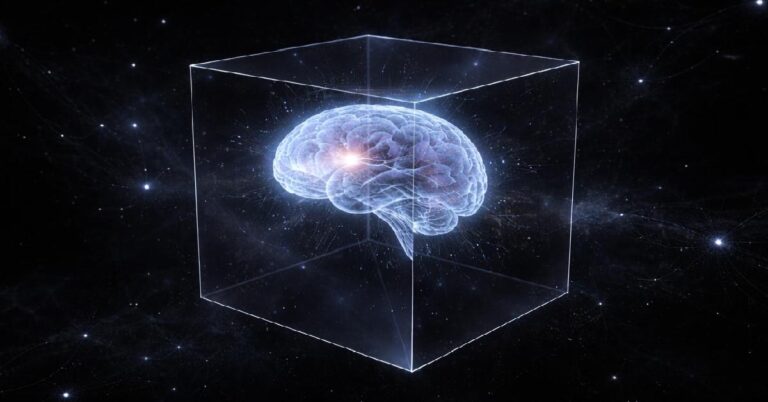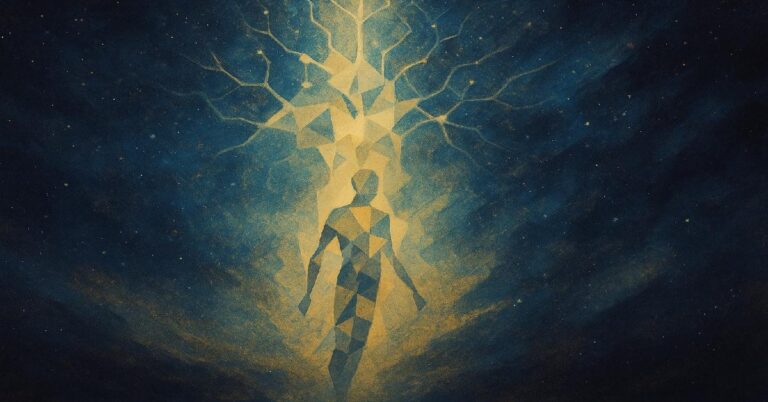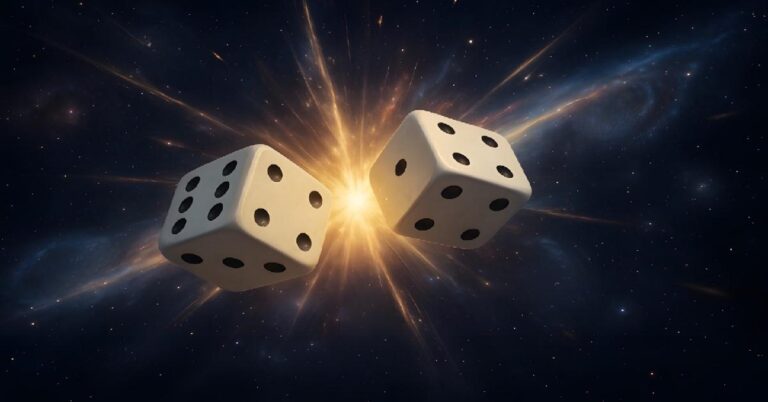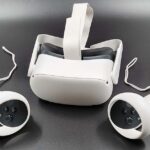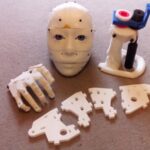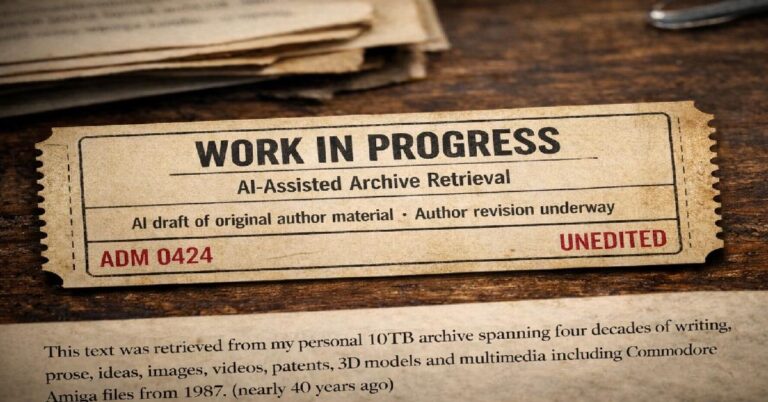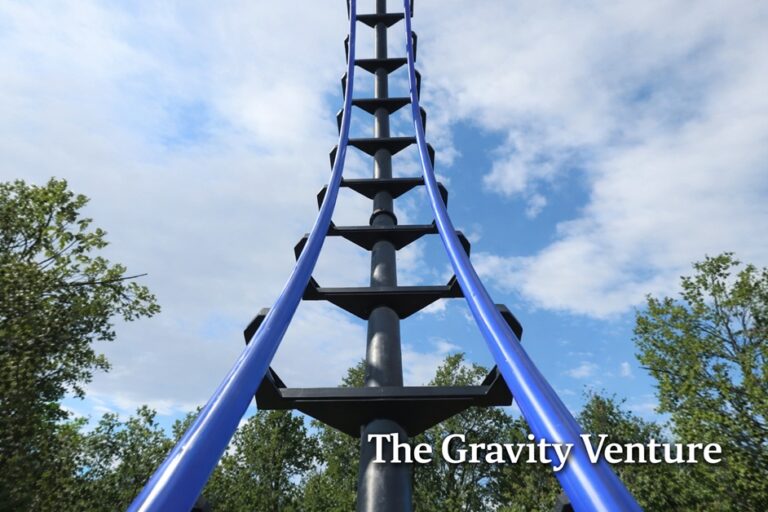The FR thought experiment suggests there is no common experience of reality …
As if things were’nt strange enough!
Thanks to the weird and baffling properties outlined in quantum physics, (objects being in two places at once, quantum entanglement, particles also being waves, the breakdown of the wave function, etc) as laid out from 1900 and the equally fascinating aspects of Einstein’s Theory of Relativity, (light speed, space-time, time dilation, e=mc2, etc), we live in a world we have barely even started to be able to comprehend or understand and now we have the pleasure of considering the idea that, like the quantum concept of quantum superposition or quantum indeterminacy, (where an object does not exist in our classic world until it is observed following the act oif wave function collapse), we now may also have to include “Facts” as being subject to the same sketchy inconsistencies as everything else in this strange old world we inhabit!
Why? Because, it may turn out that facts, reality, everything may appear entirely subjective to each individual, (at a scientific level not merely as some point of view), and that means that while all of us might see, record and observe exactly the same physical event or manifestation, for some of us, no matter how many times we compare our notes, one or more of us will have observed the world in a manner that means some of our facts won’t be facts at all!
And, weirdly, under this FR thought experiment, it means that research someone may have spent 20 years gathering, working out, finessing and establishing as a new white paper on some aspect of physics somewhere … could be changed, undermined, altered or rendered incomplete, innacurate or false … merely by someone else observing the work even 50 years later – not becasue the work has become outdated but becasue the act of observing aspects of it may have fundamentally changed the outcomes or formuklas lying within the paper itself!
History
Wigner’s Friend (A prior thought experiment)
- Original Thought Experiment (1961) by physicist Eugene Wigner.
- Setup:
- A friend is in a lab doing a quantum measurement (e.g., spin of an electron).
- Outside the lab, Wigner treats the whole lab (friend + system) as a quantum system in superposition.
- Conflict:
- Inside the lab: The friend sees a definite result.
- Outside: Wigner says the lab is still in a superposition (no collapse yet).
- Implication:
- Two observers assign different realities to the same event.
- Measurement outcomes can be observer-relative.
Thus …
- Wigner’s Friend sets the stage for Frauchiger-Renner.
- It shows that facts are not absolute — even basic measurements are observer-dependent.
- This opens the door to the idea that a scientific paper, if rooted in quantum outcomes, could hold different truths for different observers.
- Just as Wigner and his friend disagree on what’s “real,” so could future readers and past authors.
The Frauchiger-Renner Thought Experiment (FR) — In Brief
The Frauchiger-Renner experiment, proposed in 2018, is a quantum thought experiment that aims to show that quantum theory cannot consistently describe the use of itself—a self-reference paradox. It extends Wigner’s Friend into a multi-agent scenario, creating contradictions if all agents trust quantum mechanics fully and reason about each other’s knowledge.
It implies that different observers can reach mutually contradictory conclusions about the outcome of a quantum experiment—even when using the same theory. This challenges the assumptions of observer-independent facts, unitary evolution, and consistency of inference between observers.


